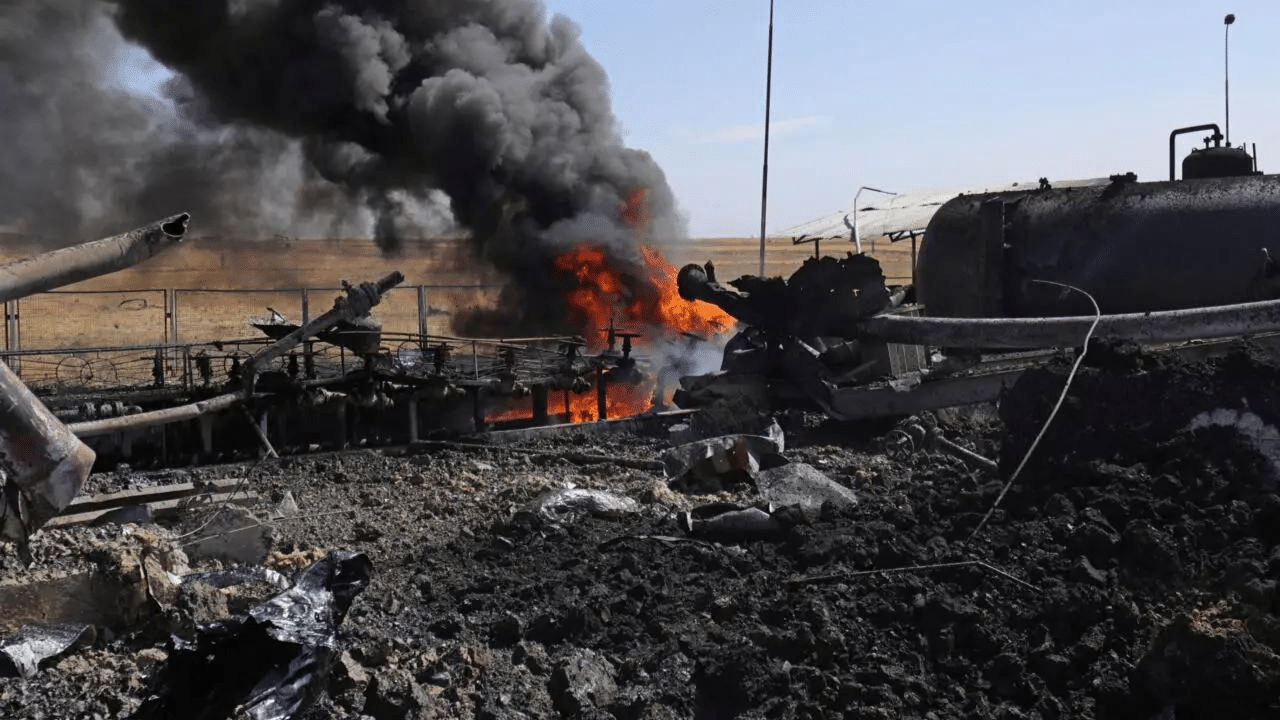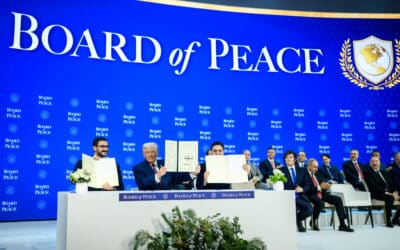Ankara, Washington’s NATO ally, has been waging a now week-long bombing campaign against Kurdish armed factions in US-occupied Syria. Turkey’s airstrikes have damaged or destroyed more than half of the oil and power facilities, east of the Euphrates River, in the territory controlled by the US and their Kurdish partners.
Mazloum Abdi, head of the Syrian Democratic Forces (SDF), blasted the US military for not impeding the attacks during an interview with AFP. “The [United] States’ position has been weak… American forces limited their action to protecting their positions… but did nothing to stop” the assault.
Abdi said “more than half of oil and electricity facilities were damaged” by Turkey’s strikes, adding dozens of power plants, gas infrastructure, and other sites have been hit. For more than a week, residents have been without power in a region where it was already scarce. Prior to the bombing campaign, having electricity for just ten hours per day was difficult.
The SDF, Washington’s proxy in its years-long illegal occupation of roughly a third of Syria, is dominated by the Kurdish YPG which Ankara sees as an offshoot of the Kurdistan Workers’ Party (PKK). For decades, the PKK has carried out an insurgency against Turkey and is labeled a terrorist group by Washington, Ankara, and the European Union.
After a recent suicide bombing – for which the PKK took credit – targeted the Turkish Interior Ministry, Ankara launched its bombardment of Kurdish armed groups in Syria, as well as northern Iraq.
Turkey insists the suicide bombers entered the country by way of Syria, although the SDF deny this claim and has stated that 44 people, including security forces and civilians, have been killed since the onslaught began.
The US has deployed roughly 900 troops to northeast Syria, where they are controlling most of the war-torn country’s oil and wheat resources as an extension of Washington’s economic war against Damascus. Additionally, thousands of Turkish troops are occupying areas in northern Syria.
In order to cut off their funding sources, Ankara has “directly targeted infrastructure, services and resources” used by the Kurdish groups to “prevent the SDF from carrying on,” Abdi explained. “Forces present in the region, be they Russia, American or the (international) coalition, must… keep these attacks from happening,” he implored.
Since 2020, following the establishment of a security corridor, Turkish and Russian forces have conducted joint patrols in the region along the Kurdish held areas bordering Turkey.
These clashes between a US treaty ally and Washington’s partner force comes as Arab tribesman living in US occupied territory have been revolting against Kurdish rule. Some analysts have argued the ethnic tensions boiling over into a guerilla war could render the American forces’ uninvited presence no longer tenable. Before Turkey began its latest round of airstrikes, the clashes saw more than 100 people killed and thousands of families displaced.
Washington maintains that its unwanted presence in Syria is aimed at ensuring the lasting defeat of the Islamic State (IS). However, IS took over large swathes of eastern Syria and western Iraq as a result of a failed regime change operation under the Barack Obama administration. This dirty war saw the CIA, Turkey, Israel, Saudi Arabia, and other US allies, arming and funding rebel groups including al Qaeda affiliates.
The US side ultimately failed in its attempt to overthrow the Syrian government but the war killed hundreds of thousands of people. At any rate, the terrorist group has been all but eliminated by Damascus with its Russian and Iranian allies.
































